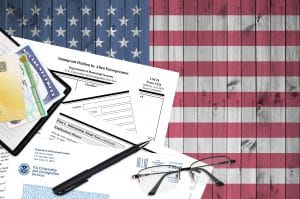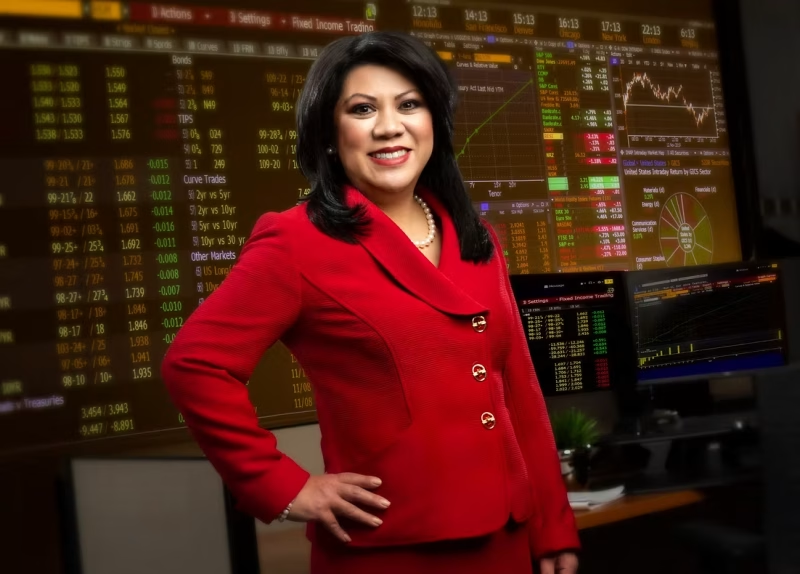
By Phil Riske | Senior Reporter/Writer | Rose Law Group Reporter
prayer noun/plural noun: prayers
a solemn request for help or expression of thanks addressed to God or an object of worship.
The U.S. Senate this month changed its 60-vote rule (the so-called “nuclear option”) to secure confirmation of Supreme Court Justice Neil Gorsuch.
The Arizona House this week came up with new rules: Prayer must invoke a higher power.

“By requiring these ‘prayers’ to recognize a ‘higher power,’ the House rules silence secular lawmakers and prejudicially deny them a platform to speak that is available to their religious colleagues,” said Zenaido Quintana, board chairman of the Arizona Secular Coalition, which showed support for Rep. Athena Salman, D-Tempe, whose prayer on the House floor Tuesday was deemed out of line because it did not invoke a higher power.
Daily floor sessions at the Arizona Legislature commence with prayers voiced by lawmakers chosen by leadership. As a Senate reporter for seven years, I bowed my head at least 1,000 times, not in prayer, but to listen to the content.
The great majority of the prayers were Christian. I don’t recall hearing a Jewish, Muslim, or any non-Christian prayer.
Rep. Juan Mendez, a Phoenix Democrat and professed atheist, created a flap at the time urging colleagues “not to bow your heads.”
Among those who supported Mendez’s action, Rep. Jamescita Peshlakai (R-Cameron) noted many of the prayers offered are done so in the name of Jesus Christ.
“We have Native Americans out there that are not Christianized like myself,” she said.
On the other side, a lawmaker said repentance should be sought for Mendez’s breaking with tradition.
I wrote at the time not to knock the daily prayer tradition, but only to urge prayers or simple statements that don’t invoke the Almighty be allowed as part of daily business at the Legislature.
At the time, the U.S. Supreme Court was to weigh in on whether an upstate New York town violated the Constitution by allowing public meetings to be opened with prayers that stressed Christianity.
The court on May 4, 2014 narrowly upheld the centuries-old tradition of offering prayers to open government meetings, even if the prayers are overwhelmingly Christian, and citizens are encouraged to participate.
The 5-4 ruling [Town of Greece v. Galloway] supported by the court’s conservative justices and opposed by its liberals, was based in large part on the history of legislative prayer dating back to the Framers of the Constitution.
Defending a practice used by the town of Greece, N.Y., the majority ruled that opening local government meetings with sectarian prayers doesn’t violate the Establishment Clause as long as no religion is advanced or disparaged, and residents aren’t coerced.
Could the Arizona issue end up in court?
Rep. Salman said she is unsure where the debate goes next, although she mentioned she and supporters have talked with to attorneys.




